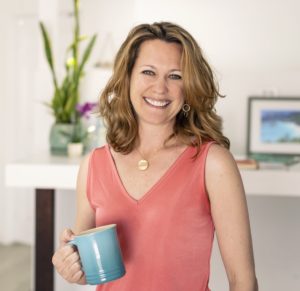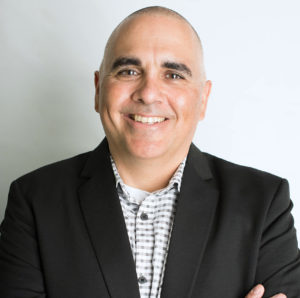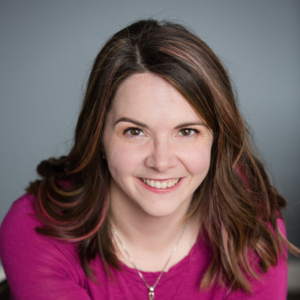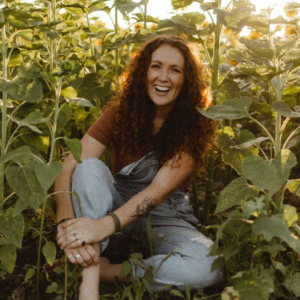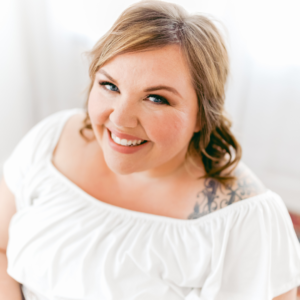I'm so excited to introduce you to this week's guest on Pep Talks for Side Hustlers, Annelise Worn!
Annelise Worn is a Business Strategist, Marketing Mentor, and Marketing Agency CEO. Her work with clients lies in developing and implementing efficient, effective, high converting marketing strategies that actually move the needle. Annelise supports entrepreneurs to transform their business and discover the profit and freedom they started it to achieve.
Push play to listen to this week's episode, or read the full transcript below!

